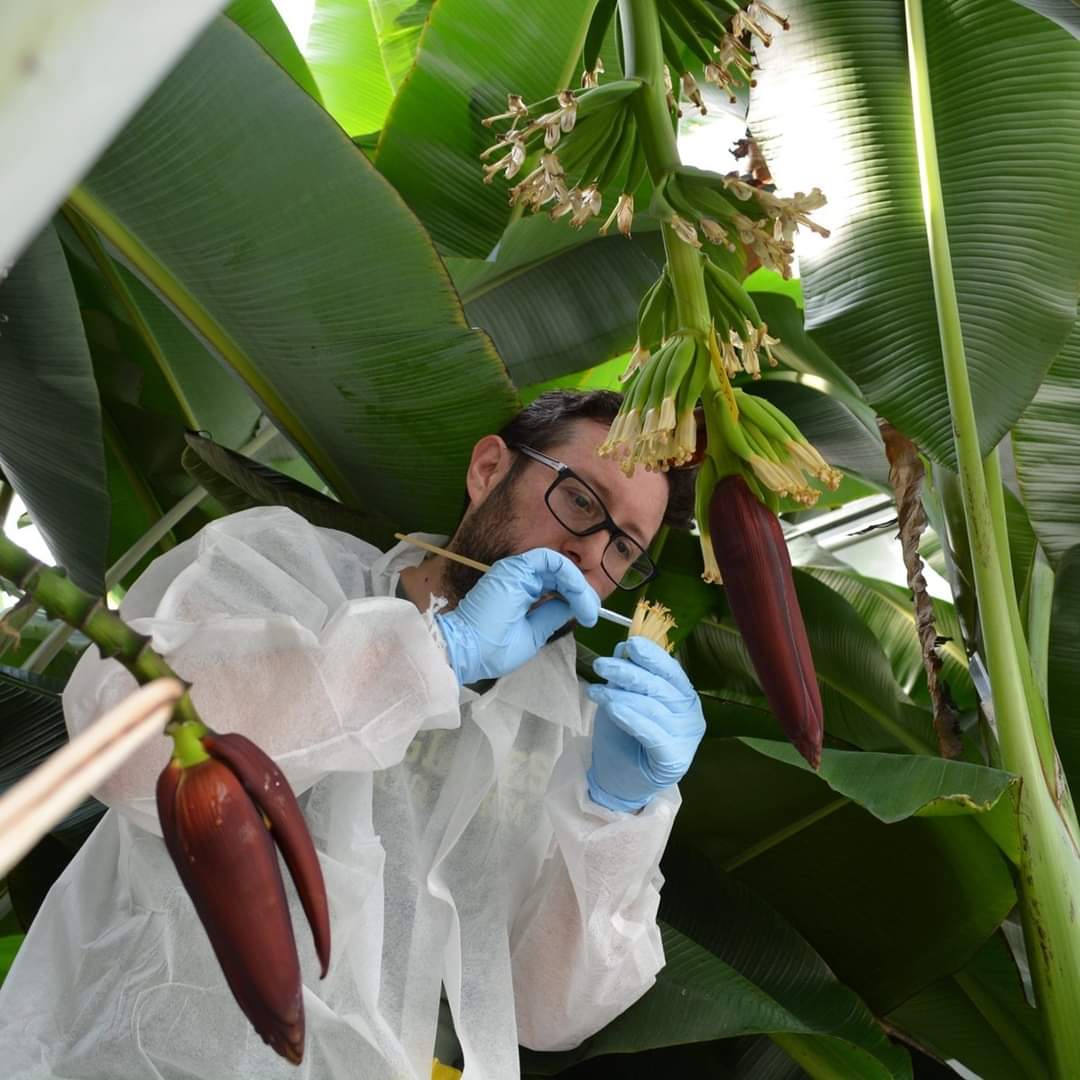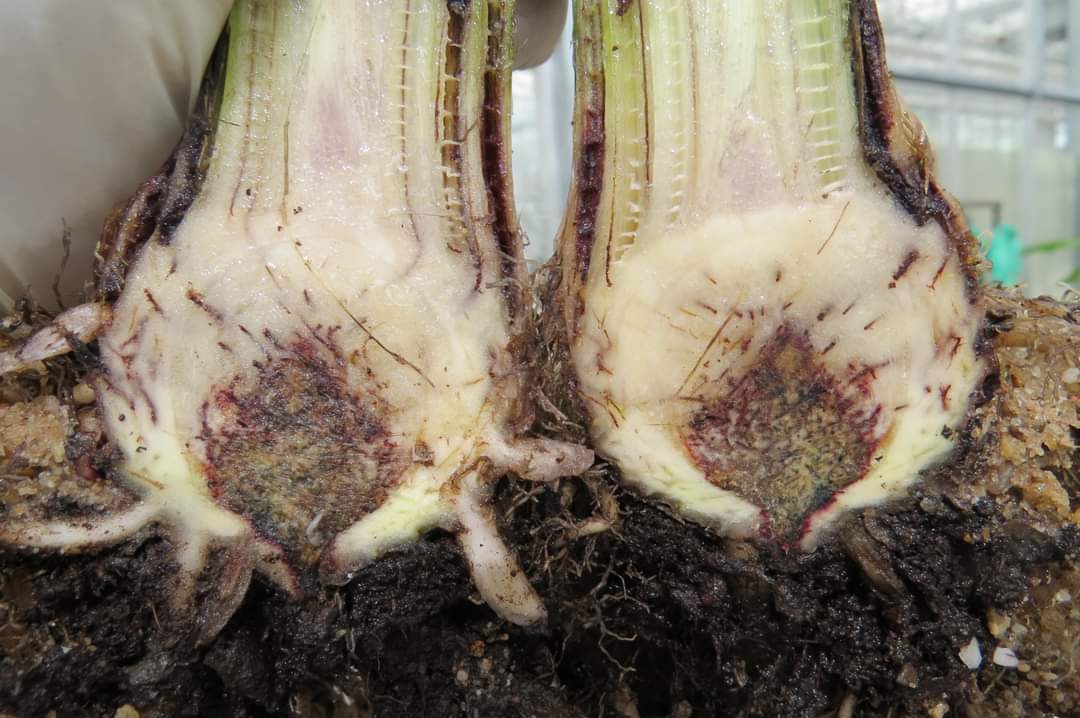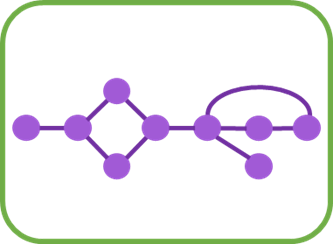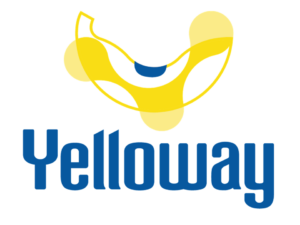Banana research & breeding at KeyGene

Fernando García Bastidas, KeyGene's Fusarium TR4 expert and head of the banana breeding for the Yelloway initiative
In 2017 KeyGene decided to invest in banana breeding and research, because we trusted we could have a substantial positive impact on the disease problems in banana. Since then, partners were found, the KeyGene banana team was set up, and the Yelloway initiative was started: a joint venture with Chiquita and MusaRadix, supported by Wageningen University & Research, aiming to develop resistant varieties.
The contemporary banana world, both the ‘dessert’ bananas and the bananas that serve as a staple food, is severely threatened by two major fungal diseases. These are Fusarium wilt of banana (FWB), also known as Panama disease, and black leaf streak disease (BLSD), commonly known as Black Sigatoka.
The most obvious challenge is the rapid spread of the infamous Tropical Race 4 (TR4) – a genetic lineage of soil-borne Fusarium fungi causing FWB. Fusarium TR4 is a soil-borne disease. The fungus produces rest spores that can survive in the soil for decades and the fungus can survive as an endophyte in weed plants. Therefore soil infected with TR4 cannot be used for banana cultivation any more.
Black Sigatoka, caused by the airborne fungus Pseudocercospora fijiensis, is attacking the crop so heavily that a weekly crop protection treatment is needed. Spread by airplanes on thousands of hectares of banana plantations, this treatment harms the environment, the health of farmers and local communities and the income of farmers.
The vast majority of banana types grown for export and domestic markets are susceptible to these two devastating diseases.

Cavendish banana plant heavily infected by Fusarium TR4
Breeding and genetic diversity: basis for sustainable banana production
The only future-proof solution to the fungal disease problems in banana is breeding and growing resistant varieties. Once developed, resistant varieties will be easily propagated and spread. Yes, we will need more than one variety: preferably several per banana type and, for local production, also several per growing region. The availability of multiple varieties opens better possibilities for resistance management: by varying cultivars in time and place, resistance will hold longer.
Present: mono-culture, no-breeding
A crucial factor in the ‘success’ of the FWB disease is the very high extent to which the international banana industry, from cultivation to retail, is depending on ‘one’ genotype: the Cavendish. This variety has been cultivated as monoculture at an increasing scale since the beginning of the twentieth century. During the 1950s, Cavendish proved to be resistant to the ‘first version’ of Panama disease that whipped out the monoculture of bananas of that time: Gros Michel, also known as Big Mike.
Saved by Cavendish, the banana industry failed to properly organize banana breeding at that time. It took another fifty years before it became obvious that there was a need for banana breeding. Organizations like Wageningen University & Research started to study Panama disease and its consequences at the beginning of the twenty-first century. What was feared then, a fast worldwide spread of the ‘new’ Panama disease caused by TR4, became a reality very soon. Starting in Southeast Asia, TR4 rapidly spread and reached South America in 2018.
KeyGene’s ambition: boost banana breeding
In 2017, KeyGene decided to invest in banana research and breeding, together with the ambitious start-up company for banana innovation MusaRadix. KeyGene’s team was convinced that exploiting KeyGene’s expertise, proprietary technologies, experts and facilities and joining forces with the Phytopathology chair of Wageningen University & Research (WUR) of Professor Gert Kema, could bring a substantial boost to banana breeding worldwide.
The passionate team offered Columbia borne and Wageningen University trained TR4 specialist Fernando García Bastidas a postdoc position and KeyGene’s support for exploring the possibilities to breed banana varieties having resistance against TR4 and Black Sigatoka.
It soon became clear that the foresight of 2017 was timely and right. Fernando García Bastidas is now heading KeyGene’s banana research and breeding, supported by the involvement of KeyGene’s management, an enthusiastic team harboring experts from different research disciplines and a special and spacious tropical banana greenhouse. The greenhouse offers room for over 700 banana plants that serve as parents in KeyGene’s breeding and research.

Banana field with banana plants destroyed because of Fusarium TR4 infection of the soil
Revealing and understanding genetic diversity
When starting a breeding program. Knowing and understanding the available diversity is crucial. Thanks to innovation in DNA technology at KeyGene, the first steps in the breeding program were to genotype the germplasm at high resolution, categorize accessions (plant material with a unique genetic makeup) into phylogenetic clusters and to associate these clusters with the ancestral genotypes of Cavendish.
Thanks to the help of the experts of the Alliance of Bioversity International and the International Center for Tropical Agriculture (CIAT) , who provided access to many banana wildtype accessions, the team has been able to create a so-called phylogenetic tree: a family tree with more than 150 different banana accessions in it.
The team also built up a precise and extensive sequence and marker database, linked to traits such as resistance – including for the two major fungal diseases – , flavor, fruit size, and shelf life.
Banana Pangenome
A comprehensive representation of the genetic diversity of a species, known as a pangenome, provides valuable insights into the genetic variation present in bananas and aid in the development of more resilient varieties. Therefore KeyGene is in the process of generating a banana pangenome. To this end, we are generating a number of fully phased chromosome-scale reference genomes using the Oxford Nanopore Technologies long-read platform and already have draft genomes available for approximately 50 banana varieties.

International collaboration between banana industry & leading scientists : Yelloway

In 2018, Wageningen University & Research (WUR) initiated the first international event bringing together leading scientists in TR4 Fusarium wilt research from all over the world in Bostin USA. As leader in the banana industry, Chiquita decided to financially support this important meeting and to participate in the discussions. Chiquita became convinced that cross-breeding for more diversity in the banana crop would be the best approach to fight TR4 and other challenges that the banana industry is facing.
Teaming up with Chiquita and MusaRadix, supported by WUR, a promising breeding and research strategy has been developed, that made it possible to found the banana breeding company Yelloway.
Key question: when… ?!
Teaming up together, Chiquita, MusaRadix, WUR and KeyGene made it possible to found the banana breeding company Yelloway.
The Yelloway banana breeding program has access to the latest technology innovations developed at KeyGene. Many crosses have been made, progenies have been evaluated, and new crosses have been made using the best offspring.
There’s a good chance that the first large-scale tissue culture production of Yelloway plant material with resistance to TR4 and Black Sigatoka will happen before 2028.
First breaktrough: Yelloway One, the prototype
In September 2024, the first prototype of the future Yelloway banana varieties was presented to the world. Yelloway One is the first ever triploid hybrid from a banana breeding program, having resistance to TR4 Fusarium Wilt and partial resistance to Black Sikatoka.
See the news item here at keygene.com: Yelloway presents its first resistant banana plants: Yelloway One
Read and view more
- Yelloway presents its first resistant banana plants : Yelloway One (news item on this website)
- The Yelloway page on Linked In
- The Yelloway page of Chiquita
- The webpage of Wageningen University & Research about their Translational Phytopathology research
- Building Back Biodiversity: Expanding the Banana Family, blogpost on keygene.com, June 2023
- Business Insider documentary ‘Why The World’s Most Popular Banana May Go Extinct’ on YouTube, 2021
- WUR and KeyGene to contribute to African banana varieties resistant to Panama disease, news item on keygene.com, September 2020
- First Report of Panama disease in Cavendish bananas caused by Tropical Race 4 in Colombia, news item on keygene.com, October 2019
- KeyGene’s ‘Panama disease’ expert coordinates diagnostics on suspected Colombian banana farms, news item on keygene.com, July 2019